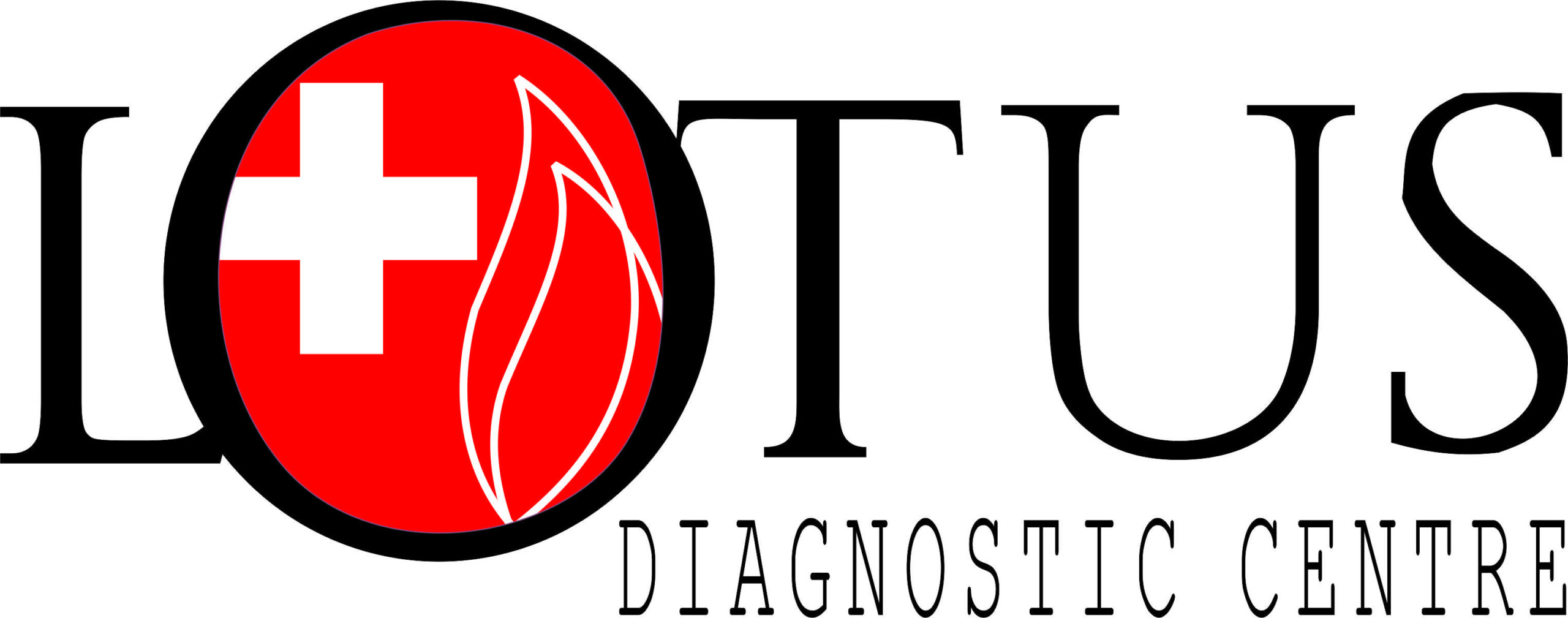
Nephrology
Nephrology at Lotus Diagnostic Centre
Our Nephrology OPD has state-of-the-art diagnostic and medical equipment, We provide treatment for simple to complex nephrological conditions such as guidance in primary kidney disorder and management of the systemic consequences of kidney dysfunction.
Our Nephrology OPD works closely with general medicine department assisting and managing more complex or advanced nephrology disorders.
Comprehensive care is offered to patients suffering from a variety of chronic and acute kidney diseases. We are a well-known kidney clinic in the area using advanced facilities and treatment options. The Nephrology expert at Lotus consistently invest time, effort, and expertise to help people maintain their kidney health through various non-invasive procedures.
They focus on:
- Regular assessment of patient and modification of treatment
- Dietary advice in above condition
Services in Nephrology OPD
We offer consultations for following:
- Hypertension
- Patients of proteinuria, raised creatinine / BUN
- Electrolyte imbalance
- Connective tissue disorders with renal problem
- Diabetic nephropathy and treatment
- Hypertensive nephropathy and treatment
When Should You Visit a Nephrologist
Patients of Proteinuria, raised creatinine / BUN
Proteinuria is increased levels of protein in the urine. This condition can be a sign of kidney damage. Proteins – which help build muscle and bone, regulate the amount of fluid in blood, combat infection and repair tissue – should remain in the blood.
Like proteinuria, a high creatinine level is an indication of Kidney disease
Early kidney disease may not cause any symptoms. Kidney conditions often cause bladder and fluid retention issues. If your kidneys aren’t working well enough to remove toxins and waste from your body, you could notice a wide range of symptoms, including:
- Nausea
- Vomiting
- Breathlessness
- Nocturia
- Frothy Urine
- Fatigue
- Changes in urination frequency and appearance
- High blood pressure
- Swelling or fluid retention
- Itchiness
A blood urea nitrogen (BUN) test that measures the nitrogen quantity in blood that comes from the waste product urea. Urea is generated in the Liver and is made when protein is broken down in the body. A BUN test is done to see how well your kidneys are working.
Patients having the need to undergo these diagnostics have a choice to also consult with our Nephrology OPD to get medical guidance as soon as their reports arrive. Our OPD and the Diagnostic centre are housed in the same building. In case you need to consult a nephrologist, you will be able to seek an appointment either online or by calling our reception desk.
Diabetic Nephropathy and Treatment
25% of the people with diabetes will develop kidney disease. Early stages are asymptomatic. To determine existence of diabetic kidney disease, certain tests and procedures may be requested. They are:
Blood tests.If the patient has diabetes, the doctors will need blood tests to monitor the condition and determine how well the kidneys are working.
Urine tests. Urine samples provide information about the kidney function and whether there is too much protein in the urine. High levels of a protein called microalbumin may indicate the kidneys are being affected by disease.
Imaging tests.The doctor may use Doppler and ultrasound to assess the kidneys’ structure and size. Other imaging tests may be used in some cases.
Renal function testing.Doctors can assess kidneys’ filtering capacity by using blood tests.
Hypertensive Nephropathy
This is a disease of the kidneys. The vasculature of the kidneys is damaged with an increase in blood pressure (high blood pressure).
Blood tests may be required to determine how well the kidneys are functioning. A collection of urine over 24 hours may also be required to gauge the severity of kidney disease related to hypertension.
Electrolyte imbalance
Electrolytes are naturally occurring minerals found within the body such as sodium, potassium, magnesium, and calcium. When the amount of these minerals in your body is too high or too low, it can have a profound impact on the body’s functions, muscle strength, and heart rhythm. The symptoms of an electrolyte disorder can include:
- Diarrhoea or constipation
- Fatigue
- Headaches
- Irregular heartbeat
- Muscle cramping, twitching, or weakness
- Nausea or vomiting
In case you undergo these tests at Lotus diagnostic centre you also have the facility to consult a nephrologist in the OPD who consults in the same centre. After reviewing your reports in details your consultant at Lotus Diagnostic will be able to guide you with the right treatment protocols.
Vaccinations in Nephrology
- Varicella vaccination
- Influenza vaccination
- Pneumococcal vaccination
- Hepatitis B Vaccination
Our Nephrology Specialists


